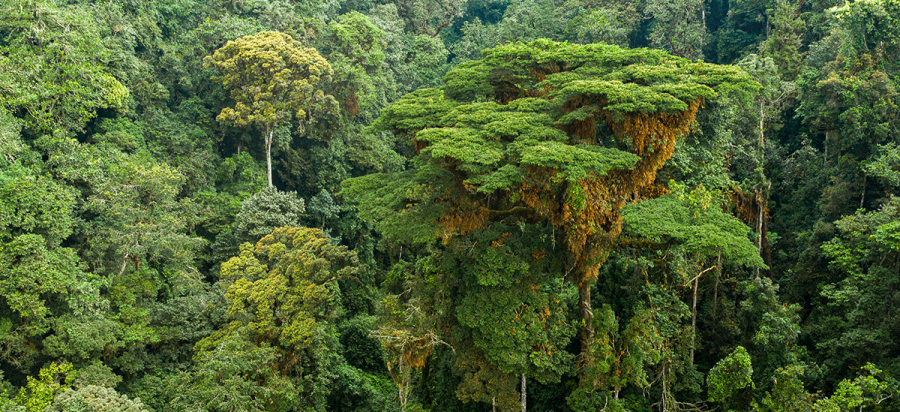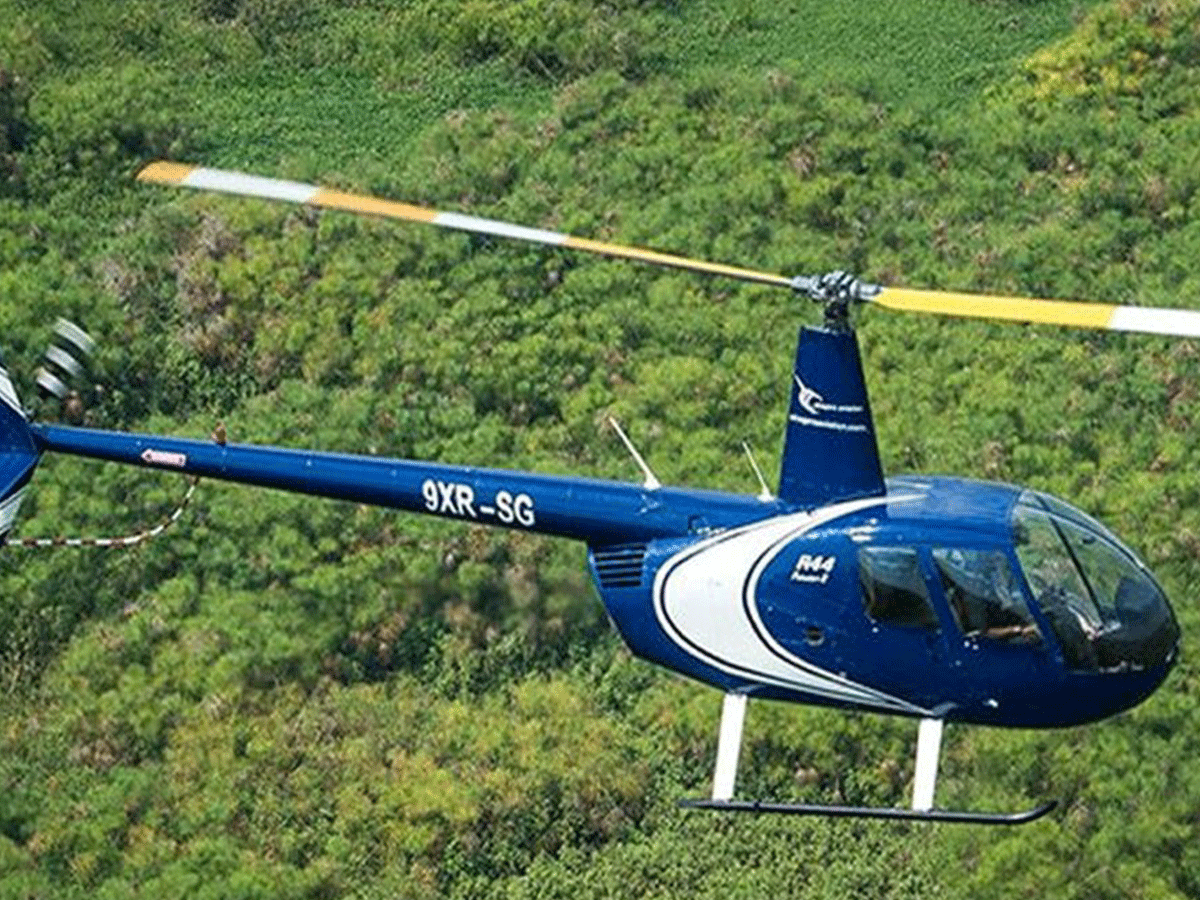Best Time to Visit Nyungwe National Park

Nyungwe forest national park is open to tourism all year round; Climate patterns across the entire country of Rwanda are similar since the country experiences only two dries and two wet seasons throughout the whole year. This makes it comfortable and warm weather conditions in the entire country.
During daytime temperatures typically rise up to 27C degrees and at night temperatures are cooler, they drop to a minimum of 12C degrees. In Nyungwe National Park the climate is no different from other parts of the country and thus the park experiences a cool temperate that visitors usually find pleasant for their adventure.
The Best time to visit Nyungwe Forest National Park is during the dry months of the year, where the longest dry season happens between June to October and the shortest dry months are from January to February. The experience for primate’s adventure that includes Chimpanzee Tracking, Colobus Monkey tracking among other tourist activities during this dry season is much more incredible and rewarding.
With fewer expectations of rain showers, you will hike through short undergrowth with the ground barely dry making it easier to pass through the nature trails and this will bring you great adventure moments.
Bear in mind that Nyungwe National Park being a dense tropical rain forest, rain showers can pour at any time within the forests even during this dry season, but it never rains for a long time.
The rainy season has the longest period of heavy rains happening between months of March up to late May plus the shorter rains between months of November and December, in this period the park may be challenging to navigate for your adventures, the ground trails tend to be wet and muddy, the undergrowth is thick and grown and possibilities of rain pours are always highly expected. However, during this period, your trekking experience is much easier and fascinating since it is easier to locate and find the primates (Chimpanzees) as they tend to stay in the nearby forests because of many figs and food to feed on.

